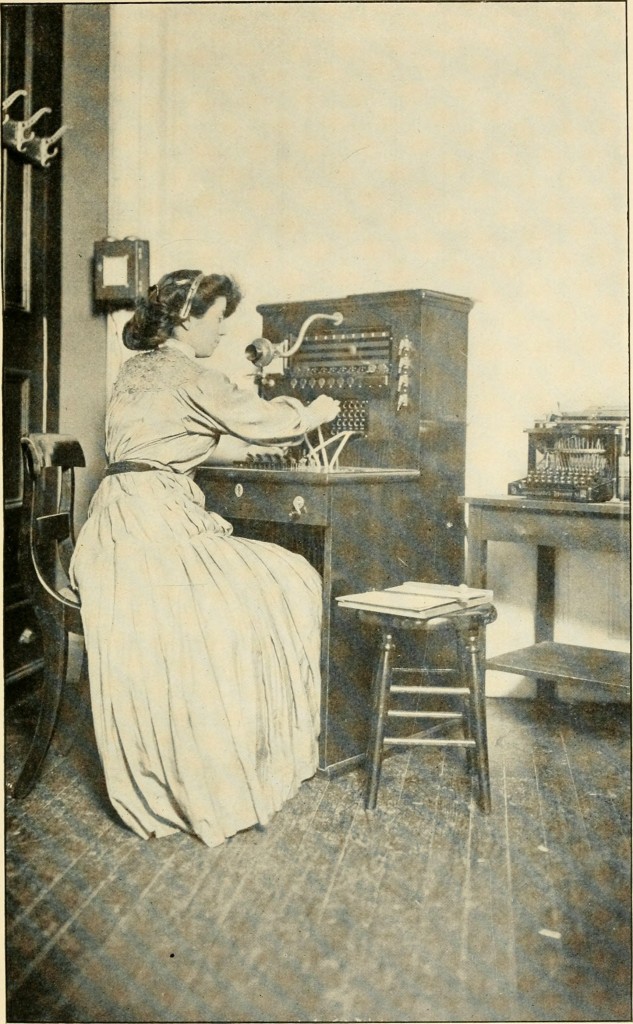UNITED STATES—Back when there was no internet you would think there were no TROLLS, but in fact I propose they evolved right along with our methods of communication.
A troll used to be someone using an unknown, non-identifying profile to harass or say things that are unkind – usually with the intent of hurting someone. I am told that trolls no longer need to be anonymous and I figure this is because we have free speech AND deviancy is accepted in a way society would not allow 100 years ago.
Urbandictionary.com defines a troll as; “One who posts a deliberately provocative message to a newsgroup or message board with the intention of causing maximum disruption and argument.”
You know the people I am talking about, always bullying somebody and not happy unless they are hurting themself or others. A study in Europe showed that not only do 24 percent of teenagers report being targeted by a troll in the past, but 4 out of 5 teenagers have witnessed hate from online bullies that use the anonymity of the internet because they know they can do so without fear of repercussions.
They ARE ruining it for everyone.
Research from the University of Houston analyzed 900 posts, and found that 53 percent of the anonymous posters were “uncivil.” Major online newspapers stopped accepting anonymous comments years ago and there has been talk of no longer allowing anonymous posts anywhere on the internet.
What about before the bullies hid behind computer screens?
Other methods of communication have been exploited by uncivil troll-like people in the past. Before the internet, it was the telephone!
Partylines, like the “Studio 55” and the “Hotel California” transformed from something considered a flaw, to a salable service. The story I heard came straight from an older gentleman who claims to have been calling since the beginning.
He tells me that apartment buildings in NYC used to share one telephone line.

Imagine one hundred apartments, all trying to share one phone! Angry at not being able to have a turn, after patiently waiting. They would refuse to hang up their phone so nobody could get a dial tone, NO CALLS could be made.
The phone would eventually make a loud BUSY SIGNAL sound because it was off the hook, referred to as THE BUSIES. People started recognizing each other by voice, and having conversations by yelling over the busy signal.
A way was found to make money off people’s desire to talk anonymously, becoming a source of entertainment or even a social scene for many who are older, reclusive, or disabled.
Partylines were once considered a safer alternative to going out, says this 1988 People article. There were hundreds of them and thousands of callers across the nation! They still call!
Like everything else in the world the chatlines were exploited by murderers in Oklahoma & Chicago, rapists in New York, and this kid who killed his mother because she would not let him have the phone.
Besides criminal actions, there would always be someone whispering discriminatory, lewd, or illegal intentions, from the anonymous safety of the troll’s apartment.
These telephone trolls took bully to a new level though. If they could not strike fear with anonymous words, they would prank the swat team to the victim’s house, to anonymously harass the chosen one.
How about before the telephone? I have been thinking about this…
Since TROLL is accepted as meaning someone who (usually) hides behind anonymity to say negative, detrimental, or derogatory things they would not say in the open, I think we can associate the term to those who used to write hateful anonymous letters to the editor.
REMEMBER – what we consider troll behavior now is what we do not want to accept as a society. Back in the early Americans days of religious rule they probably would have considered anything anonymous and displeasing, as coming from a TROLL.
In the end I would like to say that troll is an interpretation of course. What I find negative or detrimental may not be seen the same way by others. If you agree with what the troll is saying, you wouldn’t consider him or her to be a troll.
I could even rationalize that One Man’s Troll is Another Man’s Hero.






